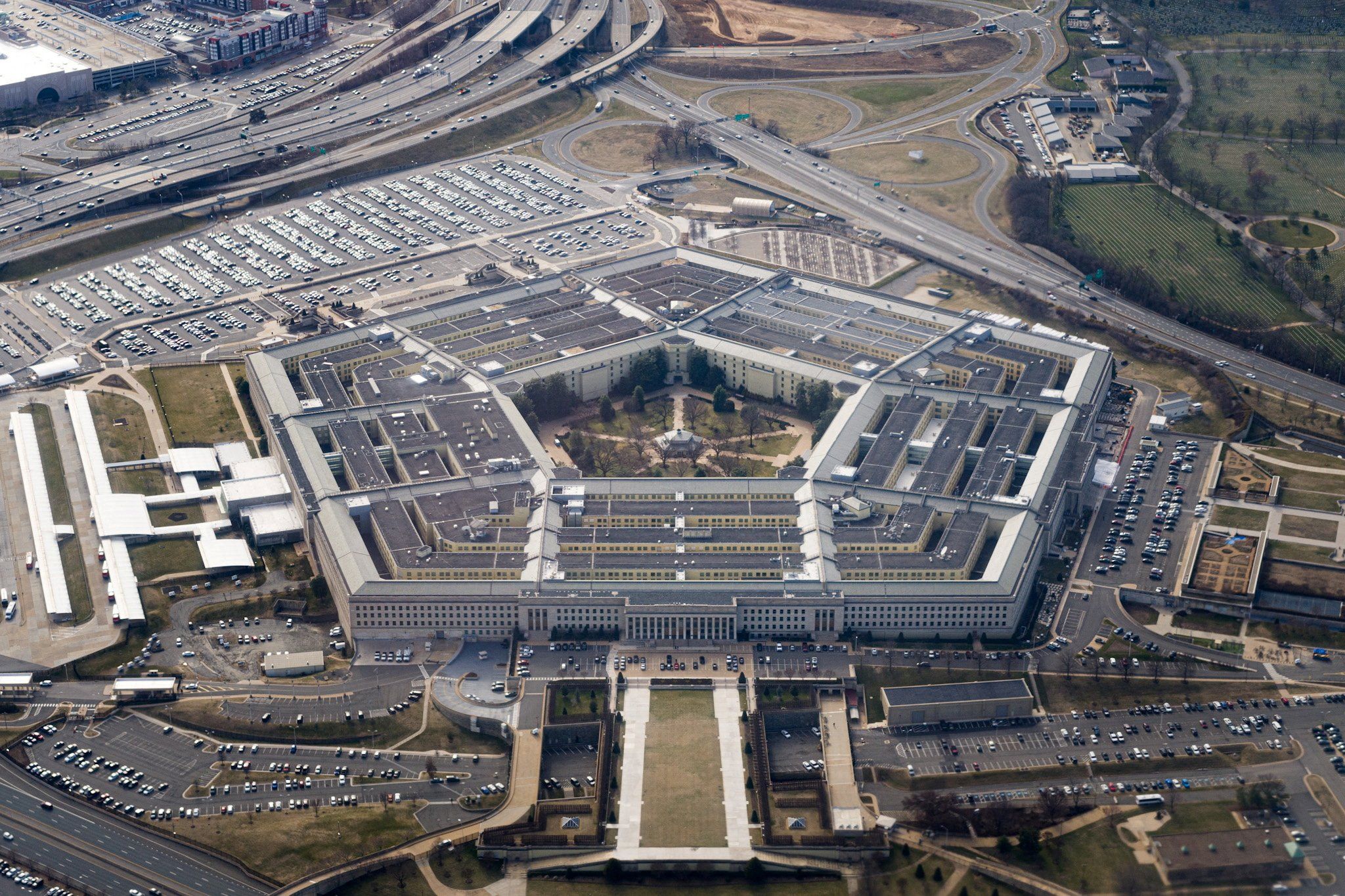What We’re Watching: Suspected US intel leaks, peace talks for Yemen, Lula talks trade with Xi
A murky document mystery
Some months ago, mysterious documents began showing up on websites used mainly by online gamers that appear to reveal top-secret US government information on the war in Ukraine and other sensitive topics. In particular, they include what seem to be maps of Ukrainian air defenses and an analysis of a secret plan by US ally South Korea to covertly deliver 330,000 rounds of ammunition to Ukraine to boost its widely expected spring counteroffensive.
Once noticed, copies of the documents made their way into mainstream media and triggered investigations by the Pentagon and the US Justice Department over possible leaks. Ukrainian officials say the documents may have come from Russian spies. Others say someone inside the US intel community must have leaked them. Some experts warn the documents may be fakes.
Given the stakes for Ukraine and for US relations with allies, this isn’t a story anyone should ignore. But the most important questions – Who did this? Why? Are the documents real? Will they change the war? If so, how? – can’t yet be answered. And like the mystery surrounding the explosion that damaged the Nord Stream pipeline last September, they may never be answered. We’ll keep watching.
Will peace finally come to Yemen?
A Saudi delegation is visiting Sanaa, Yemen’s capital, for talks with Iran-backed Houthi rebels in hopes of ending the nine-year conflict that’s turned Yemen into one of the world’s worst humanitarian crises.
The war began in 2014 when Houthis, who are Shiite, overthrew the Saudi-backed Sunni government and took over the capital. Violence has since plagued the country, and the conflict has broadly been seen as a proxy war between Iran and Saudi Arabia. Fighting has also spilled over into Saudi territory, where rebels have targeted the kingdom’s oil infrastructure.
The talks – mediated by Oman – come after both sides agreed last month to renew a previously expired ceasefire. Still, several thorny issues remain, including how to secure oil fields in rebel-held areas, as well as the easing of blockades on Sanaa’s airport (by the Saudis) and Red Sea ports (by Houthis) that are obstructing the flow of humanitarian aid to 21.6 million people.
Hopes of a resolution in Yemen come after Tehran and Riyadh recently agreed to renew diplomatic ties after a seven-year rupture. Expectations of a cessation of hostilities, however, have been raised and dashed in the past.
Lula to talk trade in China
Brazilian President Luiz Inacio “Lula” da Silva is heading to China on Tuesday for a four-day summit. The trip was originally planned for March but was postponed after Lula contracted pneumonia.
Lula lands in Shanghai before heading to Beijing, where he’ll meet with Chinese President Xi Jinping. The Brazilian leader is being accompanied by more than 250 business leaders, nearly a third of whom belong to Brazil’s agricultural sector. His entourage tells us that these meetings will be about trade, trade, and more trade. Lula will also invite President Xi to Brazil to view projects for which Brazil is seeking Chinese investment.
After Lula’s last visit to Beijing in 2009, China became Brazil’s top trading partner, causing demand for its soybeans, iron ore, and oil to skyrocket and fueling an economic boom for Brazil. By 2021, Brazil was China’s largest destination for foreign direct investment. Now in his third term, Lula is facing a tough economic and political landscape and hopes to revive his stagnating economy by diversifying Brazil’s trade relationship with China.
The two men will also discuss the war in Ukraine, with Lula believing he can help negotiate peace.
But Brazil is already navigating tensions between the US and China. In February, Lula met with US President Joe Biden to affirm his relationship with Brazil’s most important regional security partner. Meanwhile, China is hoping that by strengthening its relationship with Brazil it can boost its influence in Latin America and weaken Brazil’s ties to the US. The meetings come just days after China and Brazil agreed to ditch the US dollar and exchange their currencies directly. So in China, Lula must tread carefully to stay in both Biden's and Xi’s good graces.
